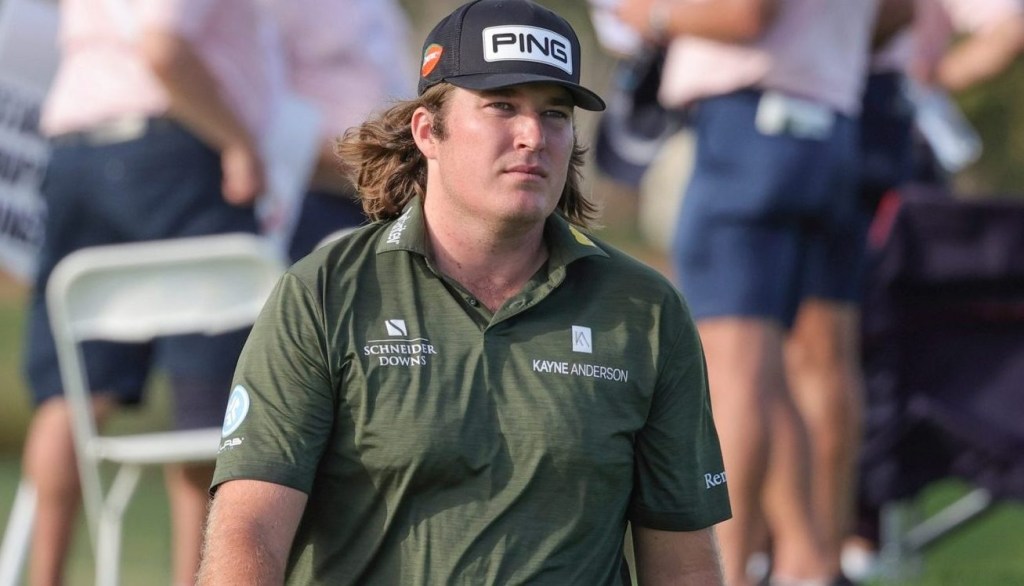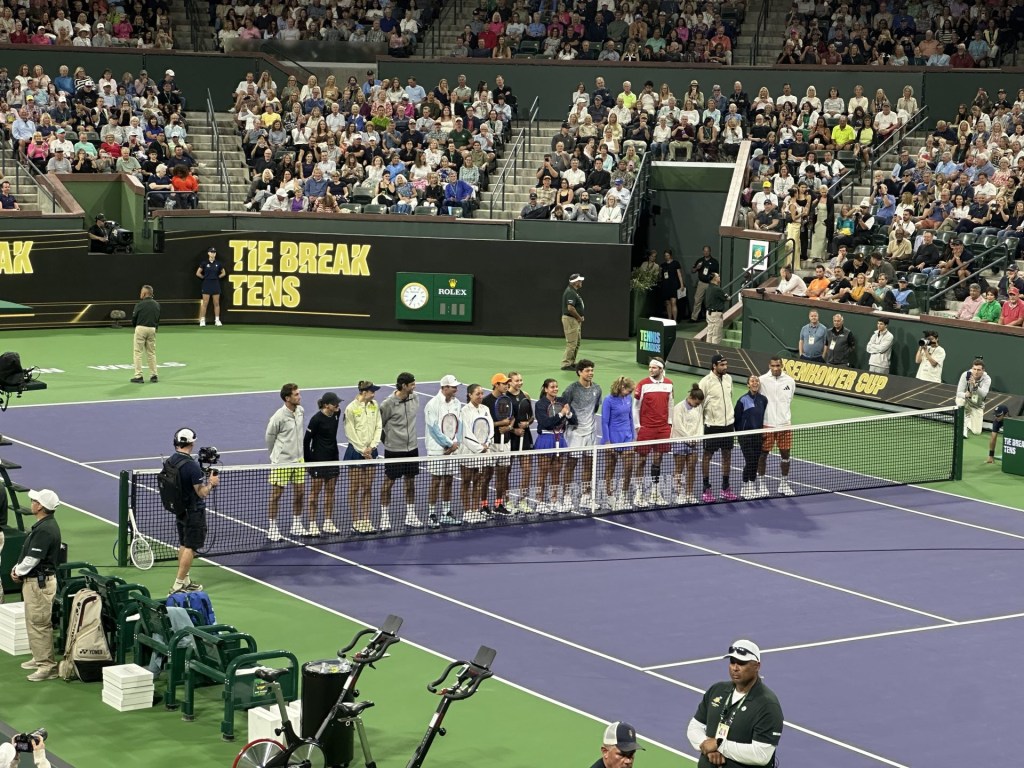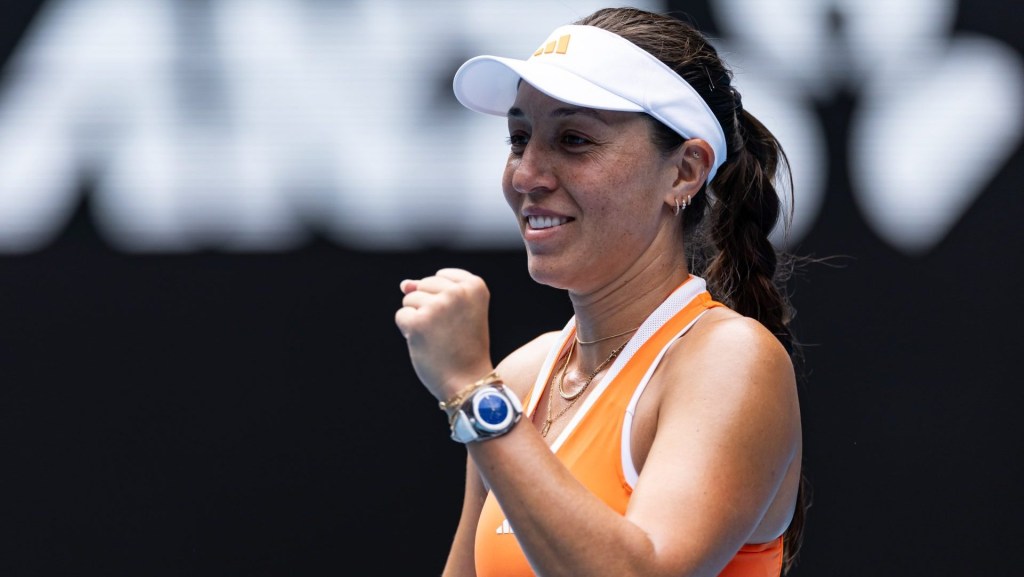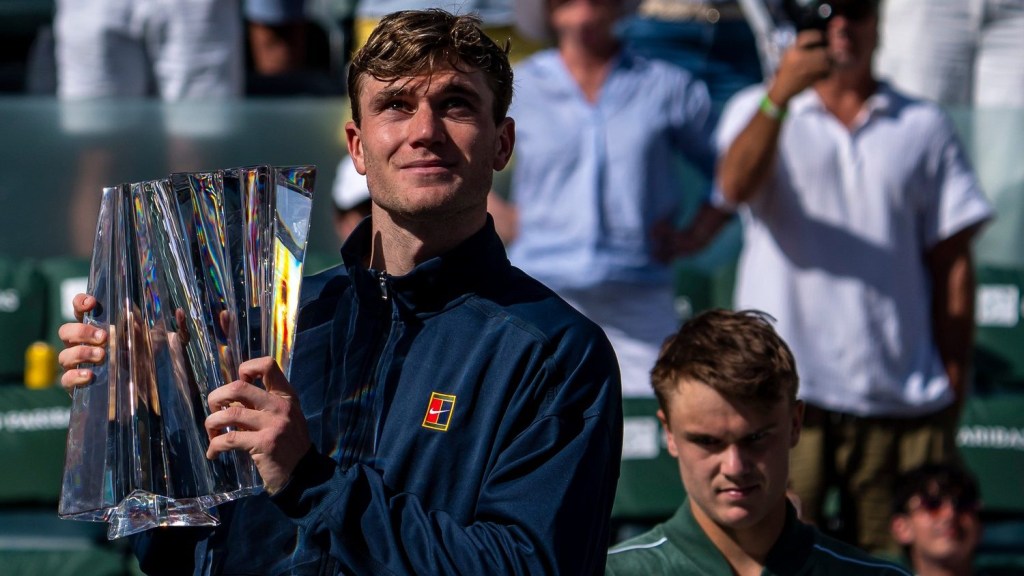The last time Magnus Carlsen and Hans Niemann met over a chessboard, it resulted in a scandal that triggered a lawsuit and a broad examination of the integrity of the game. On Friday, they meet again.
The Speed Chess Championship semifinal in Paris will feature Carlsen, the world’s top player, facing the man he accused of cheating two years ago. At stake will be shares of the tournament’s total $175,000 prize pool and a claim in the game’s fiercest reputational battle.
In September 2022, Niemann defeated Carlsen in the third round of the Sinquefield Cup in St. Louis. The tournament is part of the Grand Chess Tour, an annual series of five tournaments that carries a total prize pool of more than $1 million. It was Carlsen’s first loss with the white pieces in nearly two years in the classical format, in which players have around two hours to think during their moves, and it altered the face of the ancient game. He withdrew from the tournament the following day—the first mid-tournament withdrawal of his career—and eventually accused Niemann of cheating.
Niemann, who has admitted to previous cheating, only added to the suspicion in an interview following his victory with a series of confusing explanations for his moves and what appeared to some to be a cover story for making computer-recommended moves in the game’s middle stages: Niemann said he had the good fortune of analyzing the exact line that he and Carlsen played earlier that same day.
The incident quickly expanded into a broader discussion in the chess community. With computers far better than the best humans and online play increasingly popular for both casual play and paid tournaments, cheating is rampant despite advanced detection systems.
Though he was allowed to finish the tournament, Niemann soon found his career threatened. He was banned by Chess.com, the game’s most popular online platform, and disinvited from its $1 million Global Championship later that year. The site produced a 72-page report, detailing cheating by Niemann beyond what he had admitted to. He soon found other tournament invites hard to come by. The cheating allegations against Niemann reached the point when he was asked on live television whether he had used vibrating anal beads during matches.
Though Carlsen and Chess.com maintain they acted independently of each other, they had an awkward coincidence of their own: A month before the Sinquefield Cup, Chess.com agreed to purchase Carlsen’s company, Play Magnus Group, for more than $80 million. The merger was finalized the following December on the same day the platform announced it had reached 100 million users.
Niemann would launch his counteroffensive the next month: a $100 million lawsuit against Carlsen, Chess.com, its chief chess officer Daniel Rensch, and grandmaster Hikaru Nakamura, who is favored to face the winner of Carlsen and Niemann’s match Friday. He alleged Carlsen and Chess.com colluded to destroy his career.
A judge dismissed Niemann’s claims of defamation and all parties eventually settled, at least in the legal sense. Niemann was allowed to return to Chess.com and play in its events, including the tournament that has him in Paris on Friday.
Niemann, however, has not backed down. In a fiery interview last month following his quarterfinal victory in the Speed Chess Championship, he called Chess.com a “monopoly and mafia,” and doubled down on the claim that the Play Magnus merger motivated his ban from the site.
As for his semifinal opponent, Niemann claims plenty of motivation to pull an upset.
“The only reason I was defamed and attacked was that someone had a personal vendetta and acted to ruin my career.”
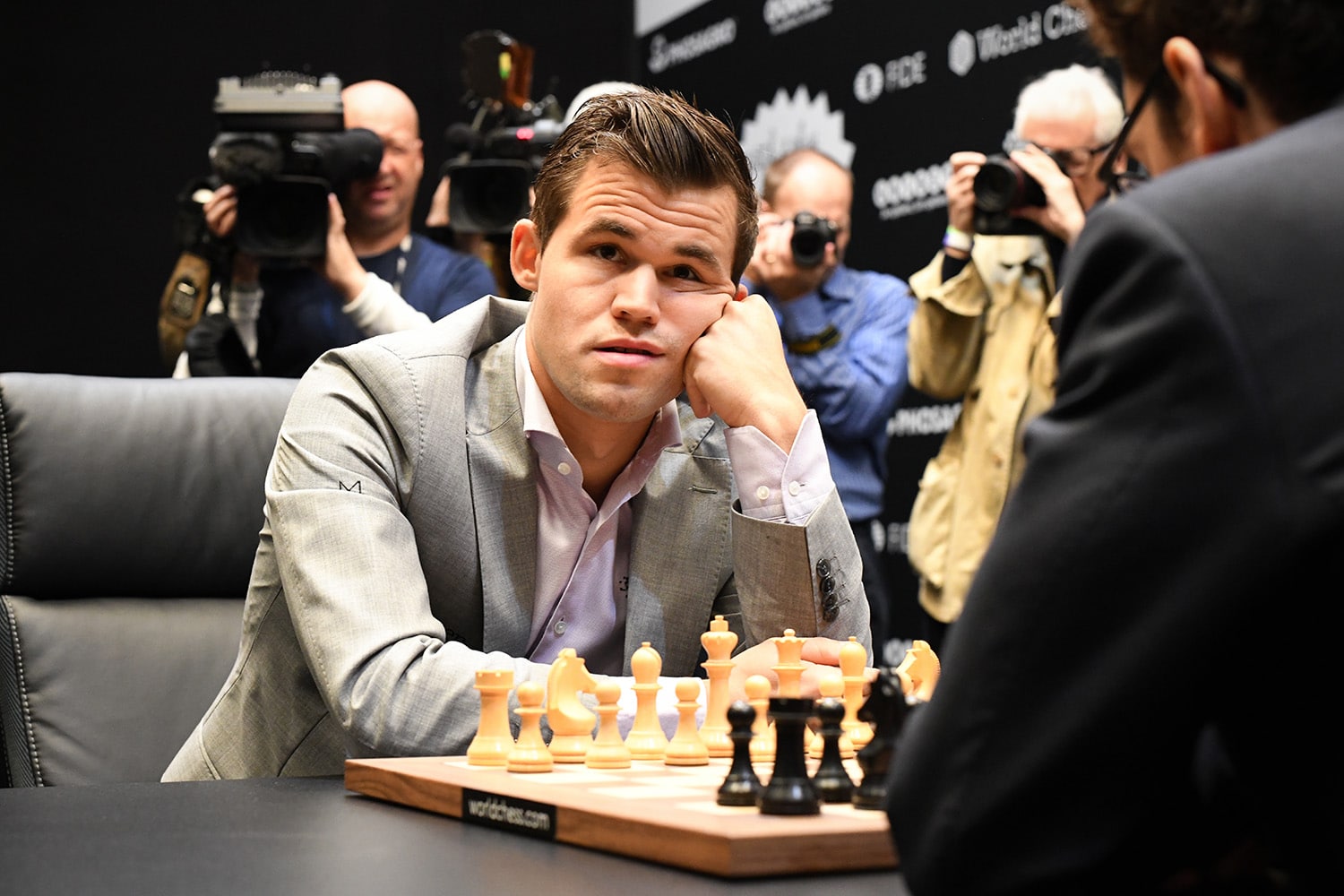
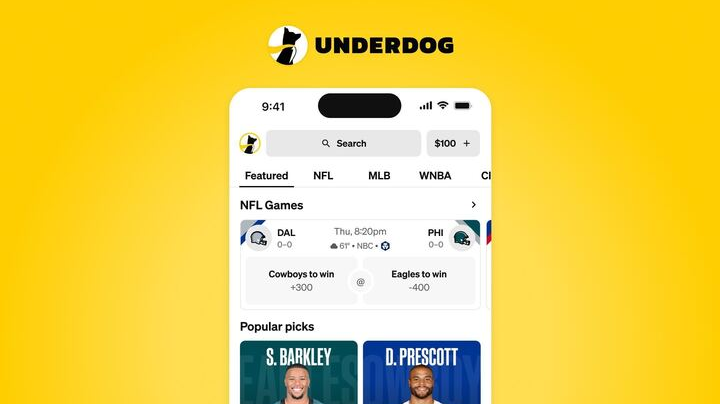
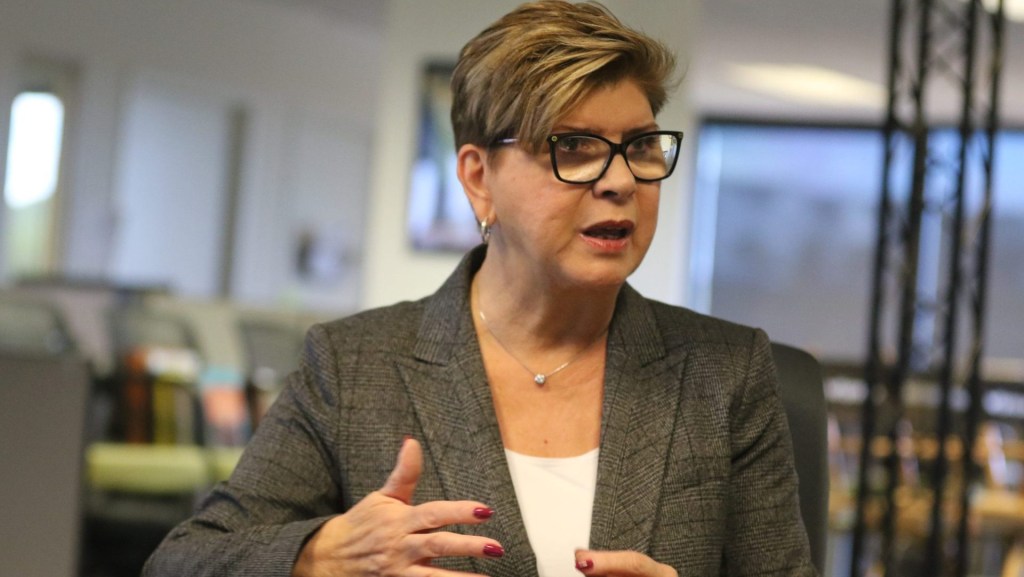
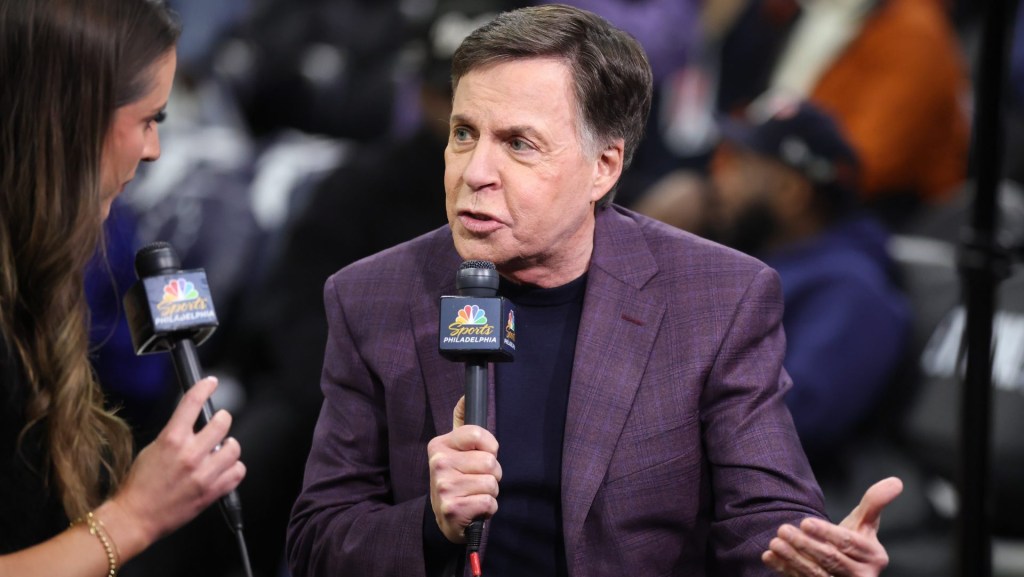



![[Subscription Customers Only] Jun 15, 2025; Seattle, Washington, USA; Botafogo owner John Textor inside the stadium before the match during a group stage match of the 2025 FIFA Club World Cup at Lumen Field.](https://frontofficesports.com/wp-content/uploads/2026/02/USATSI_26465842_168416386_lowres-scaled.jpg?quality=100&w=1024)
![[Subscription Customers Only] Jul 13, 2025; East Rutherford, New Jersey, USA; Chelsea FC midfielder Cole Palmer (10) celebrates winning the final of the 2025 FIFA Club World Cup at MetLife Stadium](https://frontofficesports.com/wp-content/uploads/2026/02/USATSI_26636703-scaled-e1770932227605.jpg?quality=100&w=1024)
